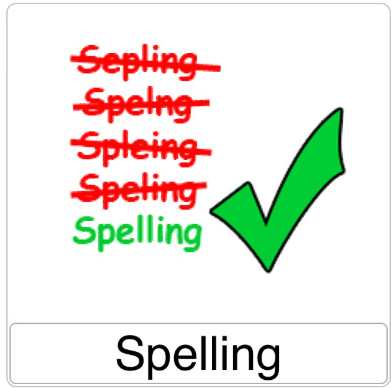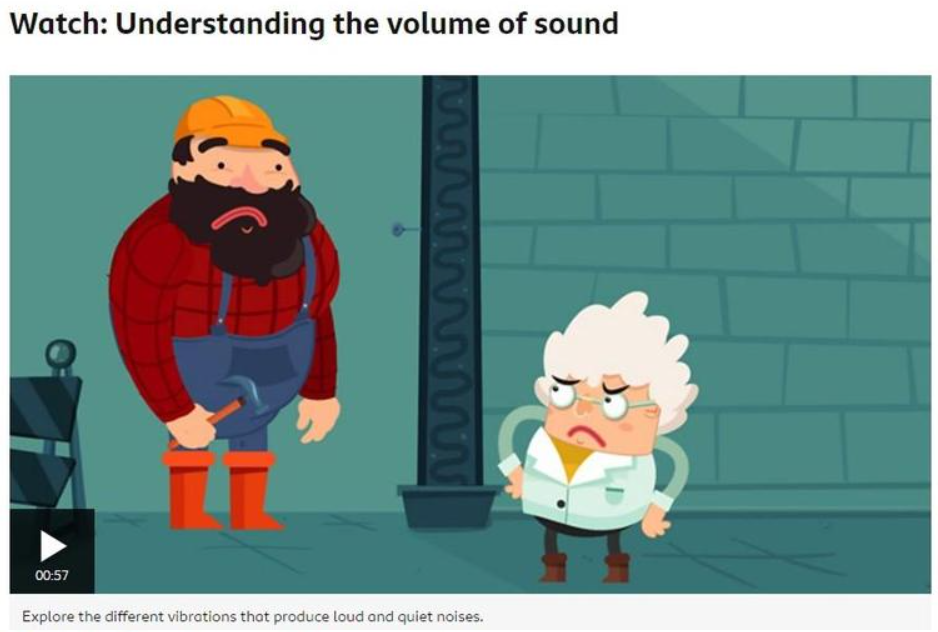Monday 30th June 2025
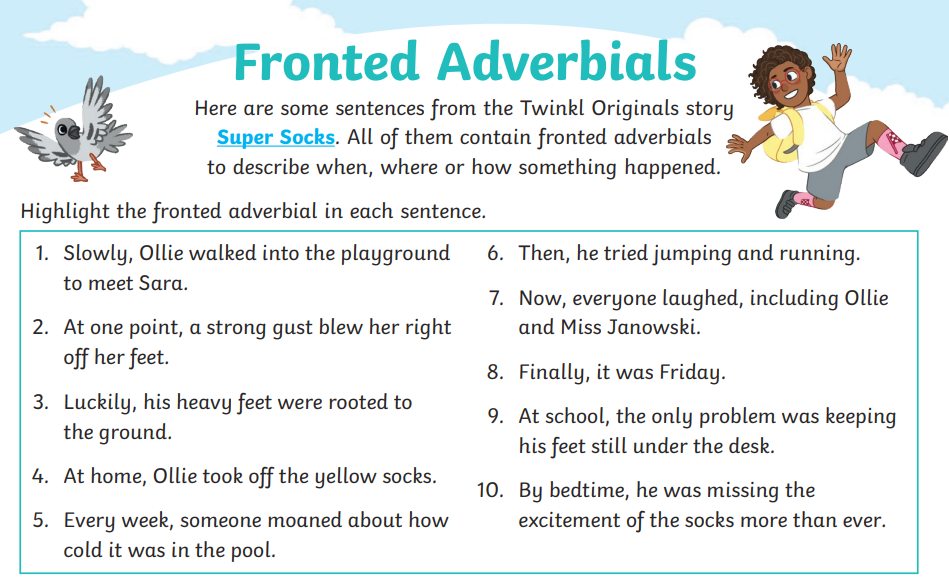
Monday 30th June 2025
LC: Summarise the main ideas from more than one paragraph.
Let's reread Chapter 2 of The Hodgeheg. We are going to summarise this chapter paragraph by paragraph.
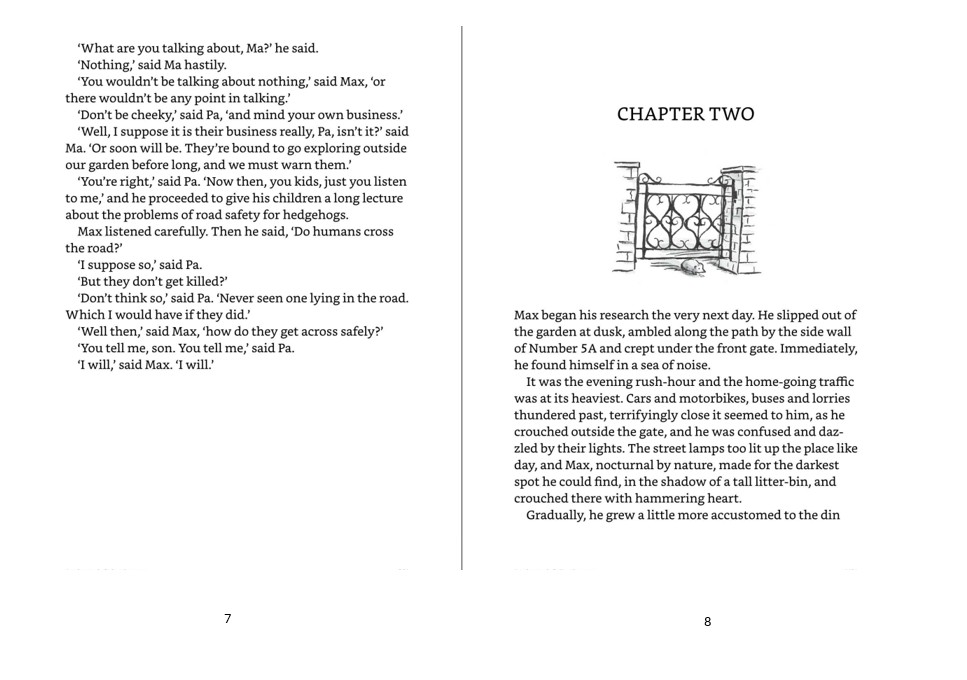
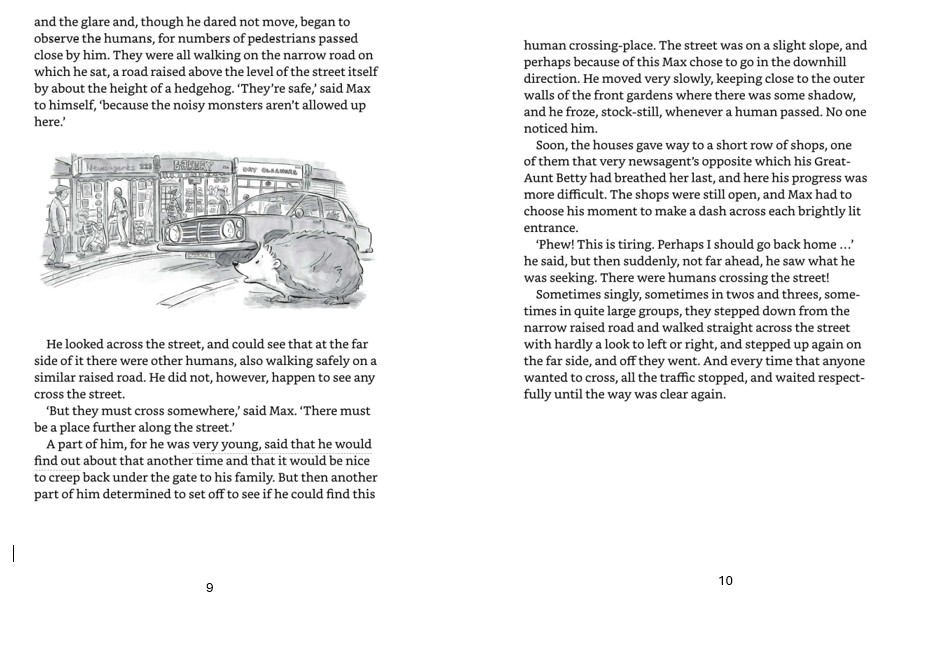
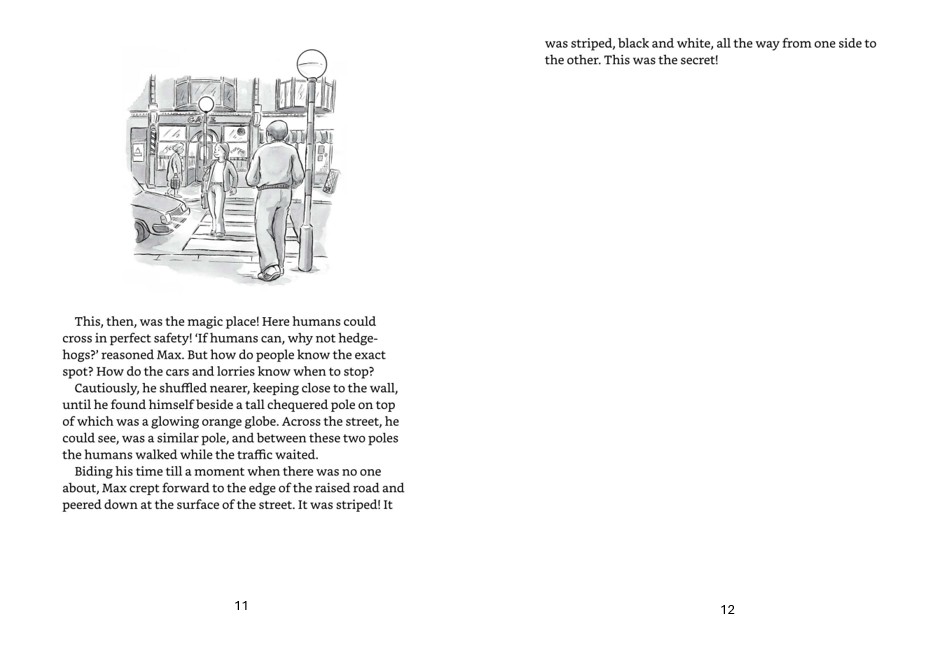
Paragraph 1 __________________________________________________
______________________________________________________________
Paragraph 2 ___________________________________________________________
___________________________________________________________
Monday 30th June 2025
LC: Be able to spell words on the Year 4 world list.
The words below are all on the Year 4 word list.
Take it turns with your partner to test each other one at a time. SO if you test your partner on the first word, they will test you on the second and so on.
When you have finished, swap over - they will test you on the first word, you wil test them on the second and so on.
Make a note of any you got wrong and practise these for homework.
Spelling Words:
appear continue breadth different breathe difficult
build disappear busy exercise calendar
experience caught experiment certain extreme
complete famous consider favourite
Monday 30th June 2025
LC: To edit your own and others work.
Have you got a headline?
Do you have an opening paragraph which tells the reader: Who, what, when, where, why and how?
Do you have an eye witness statement in your quote paragraph?
Do you have a closing paragraph giving a solution to your readers?
Do your sentences make sense?
Have you used the correct punctuation, especially for speech?
Have you used subject specific language?
30.06.25
LC: Complete End of year revision section B p.160-170. We will be completing section B through out the week.
Take your time and work through the questions carefully.
Remember you have learnt all of this already.
Monday 30th June 2025
LC: To be able to explain why some sounds are louder than others.
Discuss the following question below with your talk partner.

Some things you might want to think about:
Which sounds are the loudest and which are the quietest?
Why are some sounds louder than others?
How would it affect our daily life?
What could you do to muffle sound to make it quieter or amplify it to make it louder?
Why?
Loud noises are carried by sound waves that have a higher amplitude (height between peak and trough) than quiet noises. The volume of sound decreases as you move further away from its source, because as sound waves travel away from their source the same amount of energy is spread over a greater area, so the intensity and loudness of the sound decreases.
Loudness is measured on the decibel scale. The quietest sound human ears can detect provides the starting point on the decibel scale of 0 dB. A whisper is about 30 dB, and the loudest a sustained sound can possibly be on Earth’s surface is 194 dB. One of the loudest ever sounds recorded was the eruption of volcano Krakatoa in 1883. It created a sound wave which registered 180 dB and was so loud it was heard 3000 miles away. Extremely loud rock music can reach an intensity of 120–140 dB, which is loud enough to cause temporary or permanent damage to hearing. Humans can scream quite loudly too; the world record registering 129 dB.
If we lived in a world where every sound was loud, we would need to adopt ear protection. There are some people who routinely need to do this as their working environment is so loud. If you work outside at an airport, you need ear defenders as noise from a jet can reach a volume of 140 dB. Equally, if we lived in a world where every sound was quiet, we would need to adopt ways of amplifying sound. Hearing sound at different volumes is an essential part of our existence. Communication involves speaking at different volumes reflecting what we are saying. Our lifestyles depend on different volumes of sound for different activities, such as sleep or listening to music in a concert hall. We normally experience everyday sound anywhere on a scale from 0 dB to 85 dB.
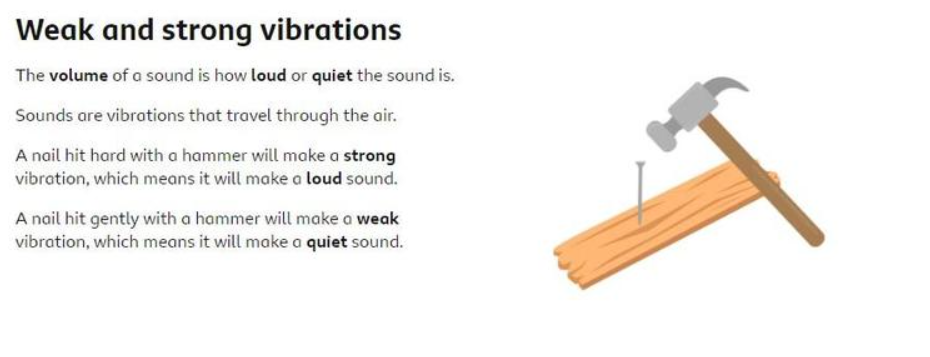
What affects the volume of a sound?
The louder the sound, the bigger the vibration. The size of the vibration is called the amplitude. Quieter sounds have a smaller amplitude, and louder sounds have a bigger amplitude.
- Volume is proportional to the amplitude of the soundwave.
- Amplitude is the height of the wave, measured from the peak to the trough.
Task: In your own words explain why some sounds are louder than other






